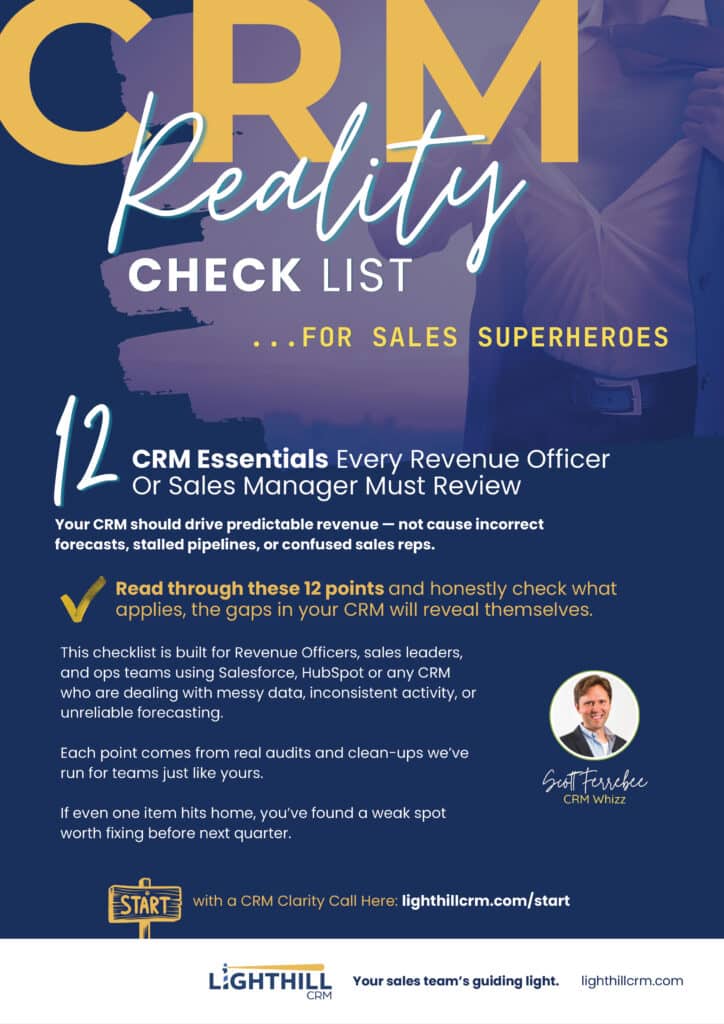In the dynamic world of sales and marketing, precise terminology is crucial for effective communication and collaboration between teams. Three key terms that often arise in this context are Marketing Qualified Lead (MQL), Sales Qualified Lead (SQL), and Sales Accepted Lead (SAL). In this blog post, we’ll delve into the definitions of these terms and explore their significance in the sales and marketing process.
1. Marketing Qualified Lead (MQL):
Definition: A Marketing Qualified Lead (MQL) is a prospect who has indicated interest in a company’s products or services based on marketing efforts or engagement activities.
Characteristics:
- MQLs are typically generated through inbound marketing tactics such as website visits, content downloads, or social media engagement.
- They may have shown interest by subscribing to a newsletter, attending a webinar, or downloading a whitepaper.
- MQLs demonstrate a level of engagement or fit with the company’s target audience but may not be ready for immediate sales outreach.
Significance:
- MQLs serve as the bridge between marketing and sales teams, representing potential opportunities that require further nurturing and qualification.
- Marketing teams focus on nurturing MQLs through targeted campaigns and personalized content to move them further down the sales funnel.
2. Sales Qualified Lead (SQL):
Definition: A Sales Qualified Lead (SQL) is a prospect who has been vetted by the sales team and deemed ready for direct sales engagement.
Characteristics:
- SQLs have met specific criteria or demonstrated buying intent that qualifies them as potential customers.
- They may have expressed interest in a product demo, requested pricing information, or engaged in direct communication with a sales representative.
- SQLs typically meet predefined qualification criteria, such as budget, authority, need, and timeline (BANT).
Significance:
- SQLs represent opportunities with a higher likelihood of conversion and warrant direct sales outreach and engagement.
- Sales teams focus on nurturing SQLs through personalized communication, product demonstrations, and tailored solutions to accelerate the sales process.
3. Sales Accepted Lead (SAL):
Definition: A Sales Accepted Lead (SAL) is a prospect that has been reviewed and accepted by the sales team for further engagement and pursuit.
Characteristics:
- SALs have undergone a review process by the sales team to ensure alignment with ideal customer profiles and sales objectives.
- They meet the criteria established by both marketing and sales teams, indicating readiness for sales engagement.
- SALs may require additional qualification or validation before moving further down the sales pipeline.
Significance:
- SALs represent opportunities that have been formally accepted by the sales team and are prioritized for immediate action.
- Sales teams focus on advancing SALs through the sales pipeline, leveraging sales tactics and strategies to drive conversion and revenue growth.
Conclusion:
In summary, Marketing Qualified Leads (MQLs), Sales Qualified Leads (SQLs), and Sales Accepted Leads (SALs) play distinct yet interconnected roles in the sales and marketing process. By understanding the definitions and characteristics of these terms, organizations can establish clear criteria for lead qualification, streamline communication between teams, and effectively prioritize resources for maximum impact. By aligning marketing and sales efforts around these key lead classifications, companies can drive efficiency, improve conversion rates, and ultimately achieve their revenue goals.










